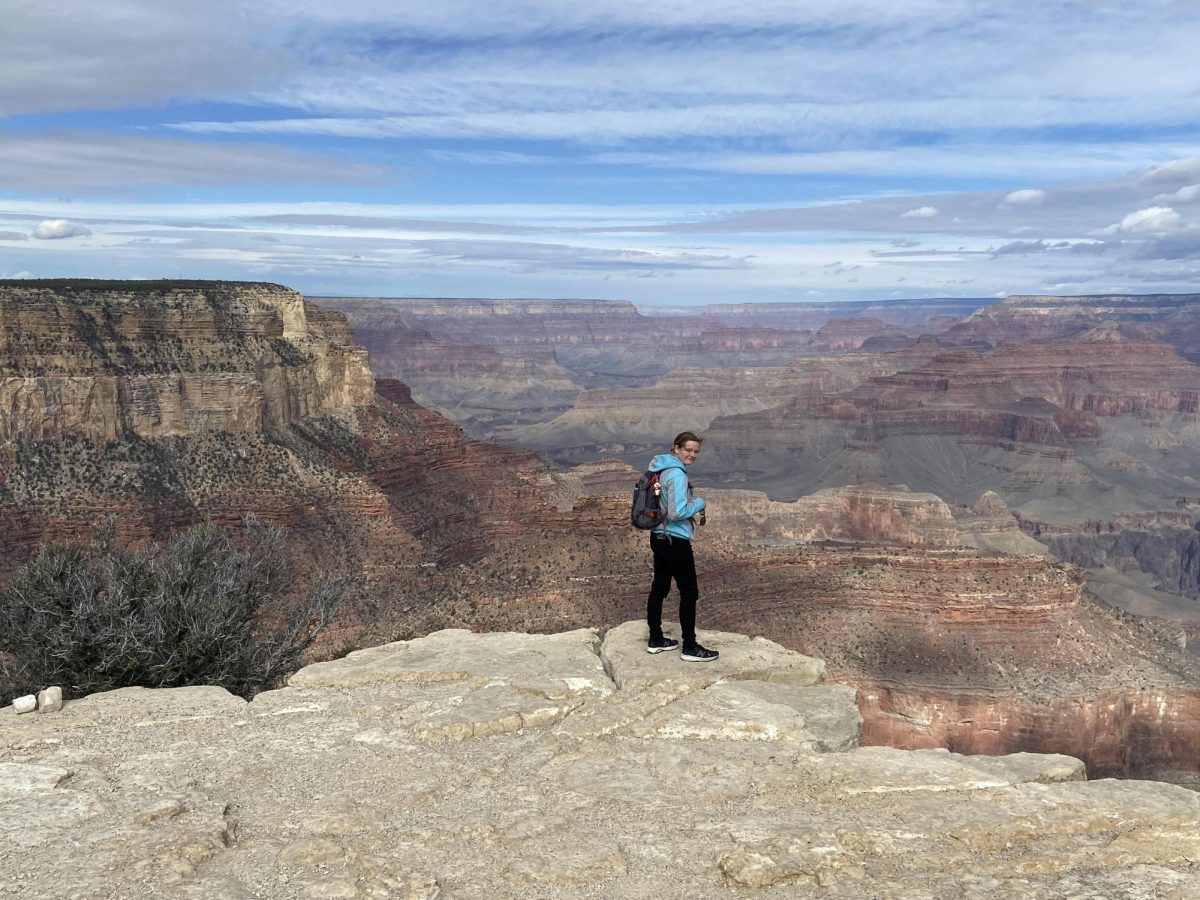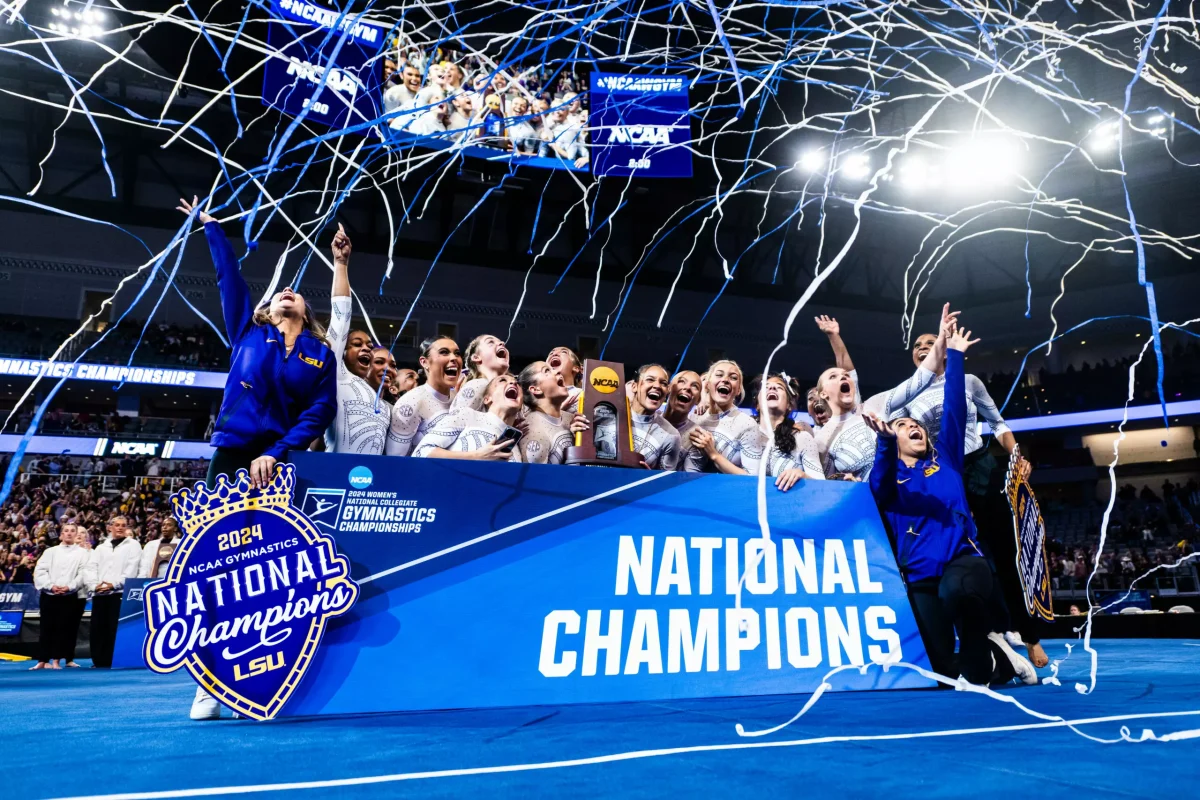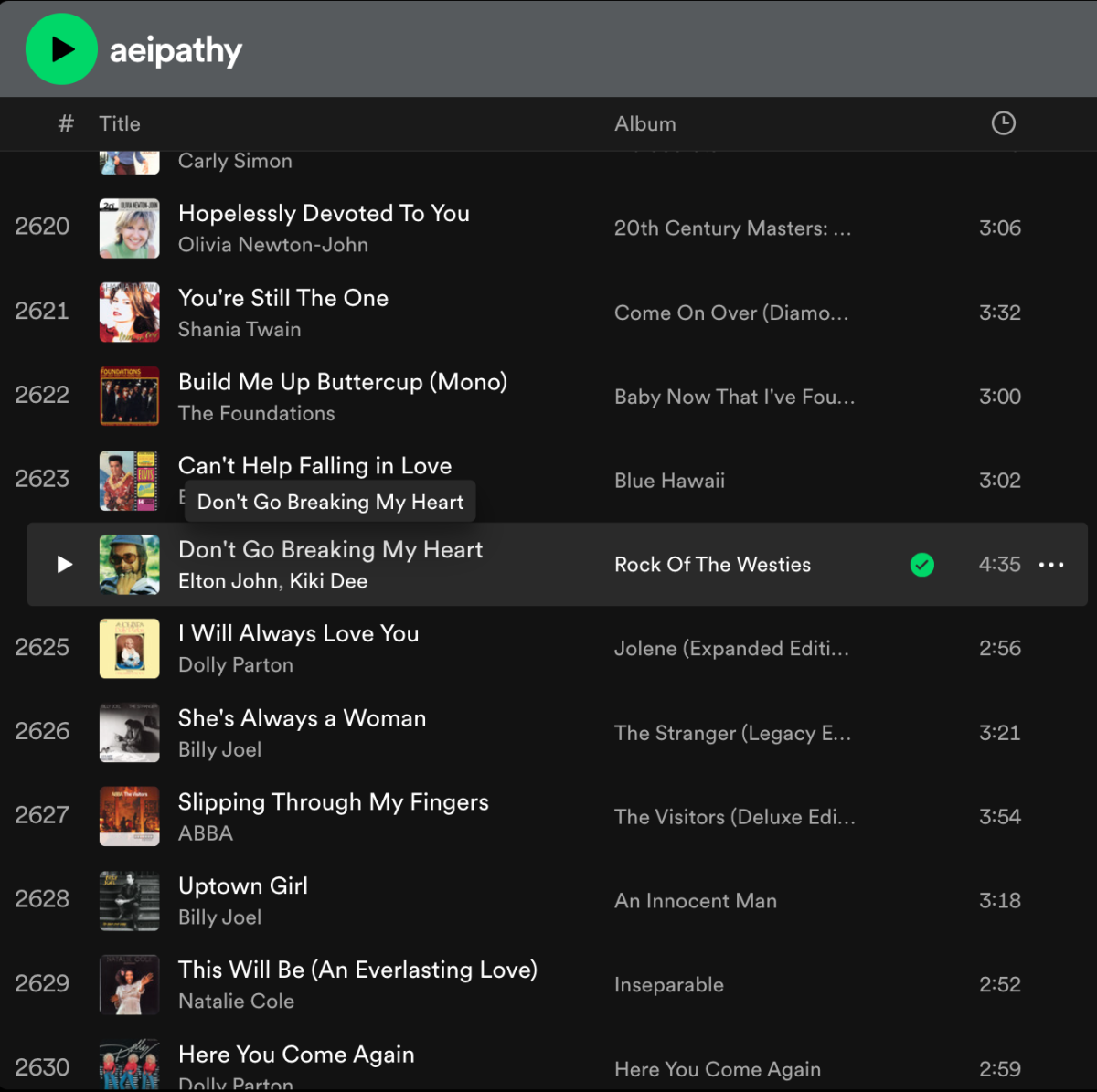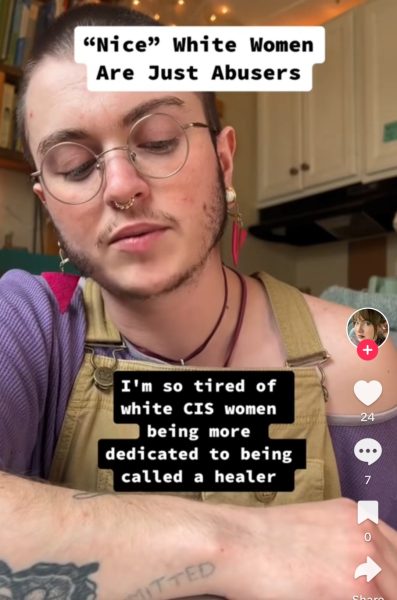Antifa: an idea, an ideology, a movement

More stories from Natalie Mix

While it may have been barely audible over the onslaught of attacks and defenses being thrown about the debate-stage-turned-battlefield, most of the audience caught at least this much of Joe Biden’s statement concerning antifa last Tuesday night: “Antifa is an idea, not an organization.”
A particular faction of Twitter was quick to equate this statement with Biden’s own views and to question—or in some cases, completely deny—the verity of that statement. But the statement in its entirety is actually Biden’s paraphrased understanding of a quote from FBI Director Christopher Wray.
In front of Congress, Wray stated, “Antifa is a real thing. It’s not a group or an organization; it’s a movement or an ideology, maybe one way of thinking of it…”
But this vague definition doesn’t clear the haze of misinformation surrounding antifa, and it’s a hot topic as the nation devolves further and further into chaos every day leading up to Election Day on Nov. 3.
So what is antifa?
It’s an umbrella term, an ideology, that defines and gives category to movements that occur in the name of dismantling fascism. Antifa is simply short for anti-fascism. It’s not an organization; there’s no official leadership, no headquarters. There are only people doing things in the name of antifa and operating under loosely defined terms, occasionally gathering in small groups, according to Wray.
While antifa has been around as long as fascism, it has evolved over time, and modern day antifa has predominantly fought against right-wing extremists and white supremacists. It sounds nice—fighting oppression—but as with any nuanced topic, there’s more to it than that.
Perhaps most notably, antifa does not denounce violence; in fact, they are infamous for their violent techniques. While they may stand against fascism, homophobia, xenophobia, and racism—an honorable ground to build their foundation on—they have exhibited willingness to do whatever it takes to move towards their desired version of change, even if that means punching a Trump supporter in the face.
They have exhibited willingness to do whatever it takes to move towards their desired version of change, even if that means punching a Trump supporter in the face.
But those who identify themselves as antifa often view this violence as justified. They believe that without their intervention, violent “fascist” groups would do more harm. They are acting in self-defense against the historic threat that fascists have posed most specifically to marginalized groups.
Amidst the George Floyd and Black Lives Matter Protests this summer, the term antifa was easily thrown around to pin blame on for the violence. But Mark Bray, the author of Antifa: The Antifascist Handbook, claims that there’s no way to know how significant of a role antifa played in the violence and overall content of these protests; there’s no calling card for antifa, no way to distinguish people operating under the ideology without them outright claiming it.
Antifa was also involved as a segment of the counter-protesters at a notorious white nationalist rally in Charlottesville, VA in 2017 where a car dove into a sea of counter-protesters and fatally hit a 32-year-old woman, injuring numerable others. According to the New York Times, while many of the counter-protesters were nonviolent, some were not, physically confronting neo-Nazis and white supremacists.
The same New York Times article mentions that these groups who associate with antifa have also physically confronted the people that oppose them across the country. They have also been blamed for graffiti and destruction of property in numerous cities, especially during protests.
So it isn’t what antifa stands for that’s so widely disputed, especially because their views are so loosely defined. It’s the actions that they take in the name of these views.
Antifa isn’t an organization. And maybe it’s more than just an idea. But it’s definitely real and prevalent; it’s definitely something. And at antifa’s core, despite the idiosyncracies within the views of those who support it, it vehemently opposes fascism in whatever design or structure it manifests itself.
And while some would argue that violence is never the answer, humanity has often turned to war to achieve peace and change. Despite the conflicting morals and perspectives, it’s undeniably difficult to stay silent and sedate in the face of perceived rampant injustice.

Natalie Mix is a senior taking on her fourth and final year as a member of The Central Trend. Room 139/140 and the staff of The Central Trend have been...
























































































